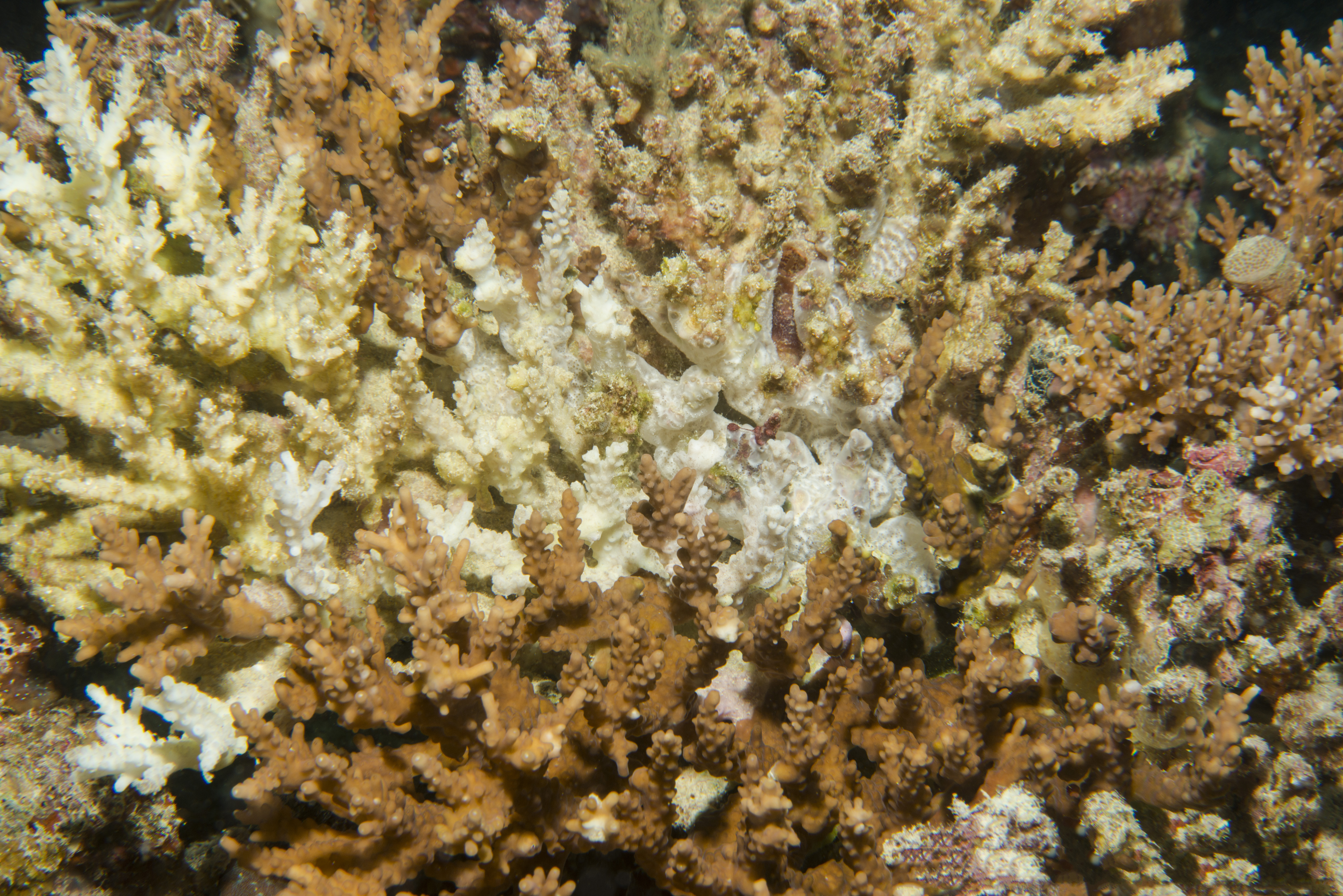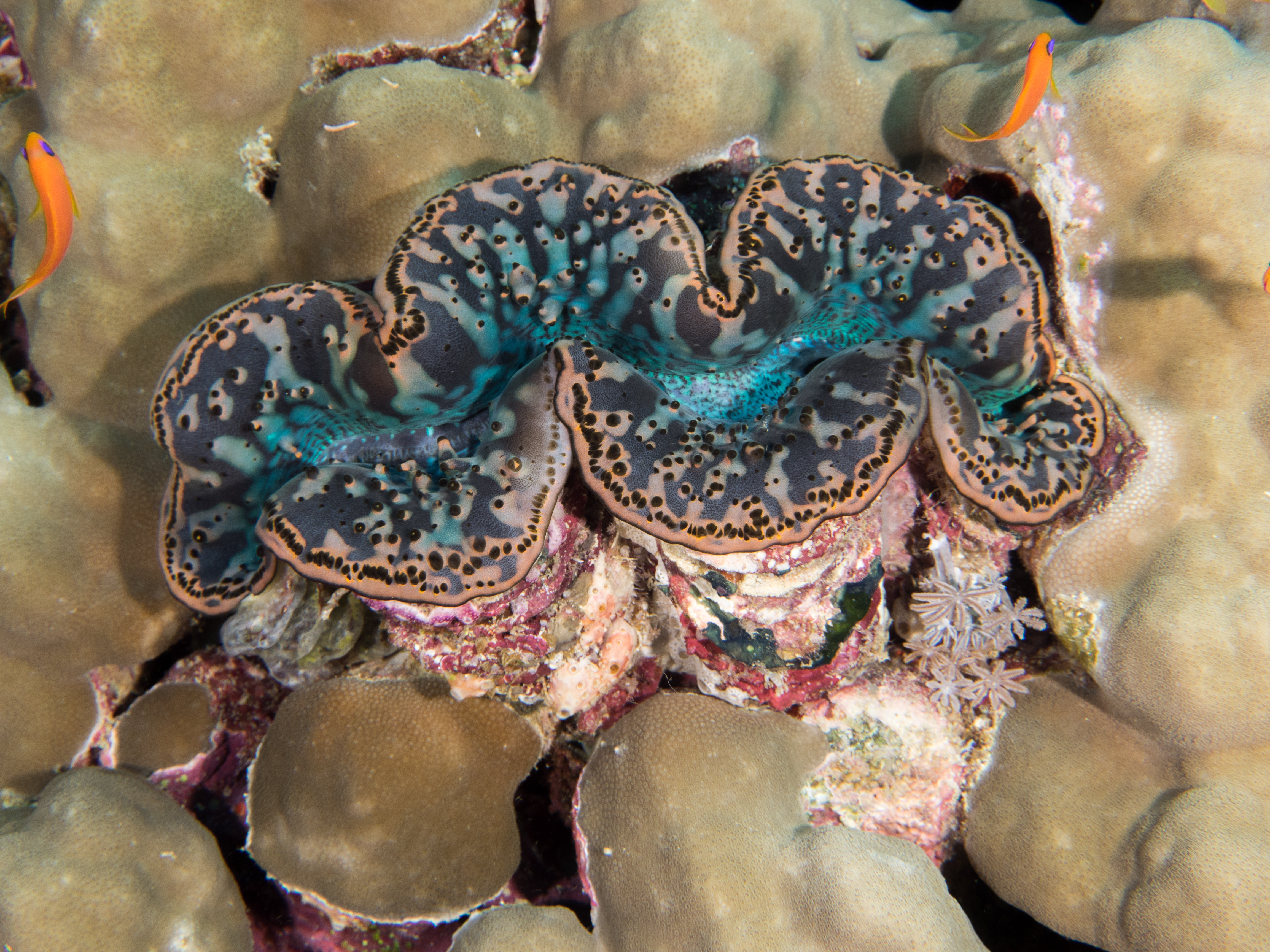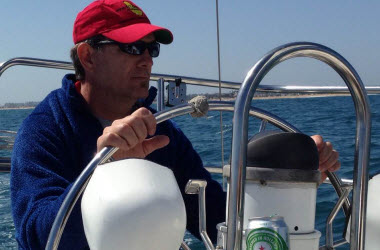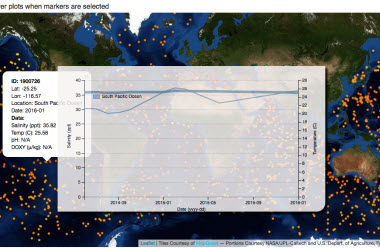May 31, 2016
The oceans have played a key role as the epicenter of evolution many times. First, as an incubator allowing animal groups to evolve. Second, as a refuge as the habitability of land masses became compromised during mass extinctions.
Today, as we push the limits of the ocean’s ability to serve as a buffer to our misguided industrial ways, the ocean and its inhabitants are changing and evolving again.
But it’s not actually evolution. To evolve is to adapt to a different state or condition. However, both the ocean and its inhabitants are losing their capacity to adapt.
Why? The changes are happening too fast.
Rapid changes in temperature and chemical composition of the water are placing great pressure on organisms to adapt. Many scientists believe there is little chance that the evolutionary process can keep pace.
We do find little nuggets of hope, however.

Corals have been shown to tolerate the higher temperatures, but it’s their symbiotic algae, the zooxanthellae, that help provide valuable sugars for the corals, that cannot. However, given the short time between generations of the symbiotic algae, meaning they reproduce rather rapidly, there is a greater chance for a genetic mutation to show itself.
A mutation could lead to the zooxanthellae becoming more temperature tolerant, able to survive increasing sea temperatures. But if the ocean temperature rises beyond the threshold of what the coral can handle, then we really have no hope for the coral surviving—adaptations or not.
Do you see what I mean by ‘little nuggets of hope?’
Here’s another—marine animals that build shells, primarily invertebrates.
As we pump CO2 into the atmosphere, the ocean absorbs it. But the oceans can only absorb so much until the balance is thrown off and ocean drops its pH levels and becomes more acidic.

The shells of marine animals such as oysters, snails, and clams are literately dissolving in a more acidic ocean.
But some resist.
Researchers are finding that some populations have the genetic diversity to cope.
In northern California, offshore winds cause upwelling of colder, CO2-rich water that is more acidic. This has led to populations with the genetic ability to cope with these conditions and to do so naturally. There is hope for some.
The ocean’s organisms may be evolving, but the message among researchers is that they can only cope with so much in the short amount of time they have.
The man-made changes to the ocean have been happening at a much faster pace than normal evolutionary cycles.
While there is some hope that the fragile marine organisms could cope with these changes, it is laced with a healthy dose of caution.
We certainly can’t rely on the potential for organisms to adapt.
We need to reverse the trend so they don't have to.




